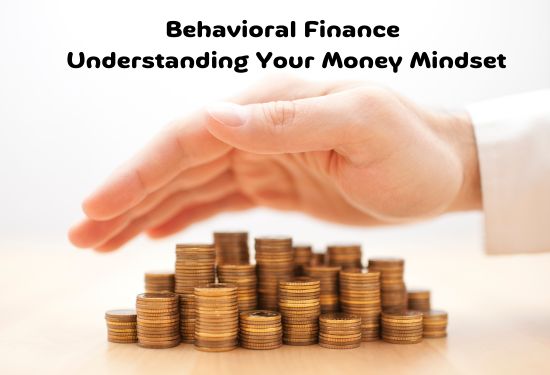Haven’t you found yourself making certain financial decisions that you can’t explain? Like buying things impulsively during sales or avoiding investing even when there are good deals. In all this process, our spending patterns are shaped by behavioral inclinations. Behavioral Finance is an interesting field that analyses how psychological factors influence our financial decisions. This helps us that how we can become better at managing our money.

Emotions in Financial Decisions
Emotions influence the way people handle their finances. Emotions like fear and greed could significantly affect the tendencies in investments. Greed makes us take unnecessary risks in our investments when the market is favorable. Fear, on the other hand, makes us sell our investment stakes prematurely, especially when there is a downturn in the market. To know about these feelings might help you create a better-balanced strategy that will allow you to maintain your long-term financial objectives in spite of recent market fluctuations.
Cognitive Biases in Behavioral Finance
Our brains make use of specific mental shortcuts called heuristics that end up creating cognitive biases that are systematic errors in thinking. Confirmation bias, is the tendency to look for information that supports one’s personal views and to disregard information that contradicts our views. This may lead to an overly optimistic mentality in some financial issues. For instance, continuing to hold stock even when performance indicators indicate poor performance.
Another form of Bias is loss aversion, in which losing $100 is more painful than the happiness of gaining $100. Sometimes, it can result in extreme measures being taken, for example, avoiding any investment activities at all, thus failing to achieve growth rates.

Improving Financial Decisions
Learning some behaviors is very important when it comes to managing your financial life. A few strategies that might help to manage your money mindset about behavioral finance are:
- Pause Before Making Financial Decisions
Do not rush into deciding something before you have had sufficient time to determine if your decision was based on reasoning or emotions. This can help avoid actions that may not be beneficial in the long run, as you are likely to regret later.
- Diversify Investments
Diversification of investments across several assets may enable people to lessen the impact of negative emotions on their investment decisions. If one of the investments has gone bad, there is likely to be another investment that will balance the losses.
- Set Clear Financial Goals
Pre-set financial goals also provide the guideline for the decisions you make and thus minimize the impacts of emotional decisions.
- Seek Professional Advice
A professional financial advisor is going to provide you with an independent opinion and not let your emotions make the wrong decision. Instead, they will guide you through the observation of data and research analysis.
Working on these emotions and psychological processes that are impacting the way we positively handle our financial status. It is supposed to help you make better and more rational decisions. As a result, it increase your chances of a better financial understanding and hence improve the outcomes.
